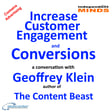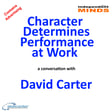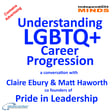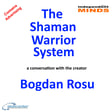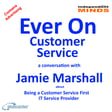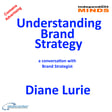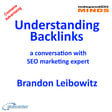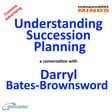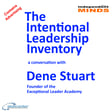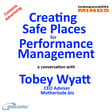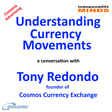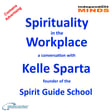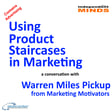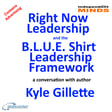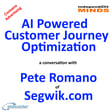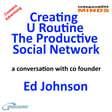
A Different Approach to Home Finance – a conversation with Nathan Turner
Nathan Turner is the founder of Earnest Investing a company that invests in property.
Nathan identified that he liked the regular income that being a residential landlord provided. But that was the only aspect of being a landlord that he did like.
So, he hit on an approach that would provide the regular income, without the other responsibilities. In the process he created a different way for people to move from renting to owning their home.
In this episode of the Abeceder podcast The Independent Minds, Nathan explains to host Michael Millward what a mortgage note is and how he turned mortgage note trading into helping people to own their own homes.
Nathan explains how he manages the notes to help people to stay in their homes.
Nathan has set up a fund to help other people invest in mortgage notes.
This episode of The Independent Minds discusses financial investments. Before making any financial investments, it is a good idea to consult an independent financial advisor.
Find out more about both Michael Millward, and Nathan Turner at Abeceder.co.uk
The Independent Minds is made on Zencastr, because as the all-in-one podcasting platform, on which you can create your podcast in one place and then distribute it to the major platforms, Zencastr really does make creating content so easy.
If you would like to try podcasting using Zencastr visit zencastr.com/pricing and use our offer code ABECEDER.
Travel
Nathan is based in Calgary, Canada. With discounted membership of the Ultimate Travel Club, you can travel to Canada, and anywhere else at trade prices.
Fit For Work Look after your health and you will be fit for work.
It is always a good idea to know the risks early so that you can take appropriate actions to maintain good health, that is why we recommend The Annual Health Test from York Test.
York Test provides an Annual Health Test. An experienced phlebotomist will complete a full blood draw at your home or workplace. Hospital standard tests covering 39 different health markers are carried out in a UKAS-accredited and CQC-compliant laboratory.
A Personal Wellness Hub gives access your easy-to-understand results and guidance to help you make effective lifestyle changes anytime via your secure, personal Wellness Hub account.
Visit York Test and use this discount code MIND25.
Three the network Visit Three for information about business and personal telecom solutions from Three, and the special offers available when you quote my referral code WPFNUQHU.
Being a Guest
If you would like to be a guest on The Independent Minds, please contact us using the link at Abeceder.co.uk.
We recommend that potential guests take one of the podcasting guest training programmes available from Work Place Learning Centre.
We use Matchmaker.fm to connect with potential guests If you are a podcaster looking for interesting guests or if you have something interesting to say Matchmaker.fm is where matches of great hosts and great guests are made. Use our offer code MILW10 for a discount on membership.
We appreciate every like, download, and subscriber.
Thank you for listening.
